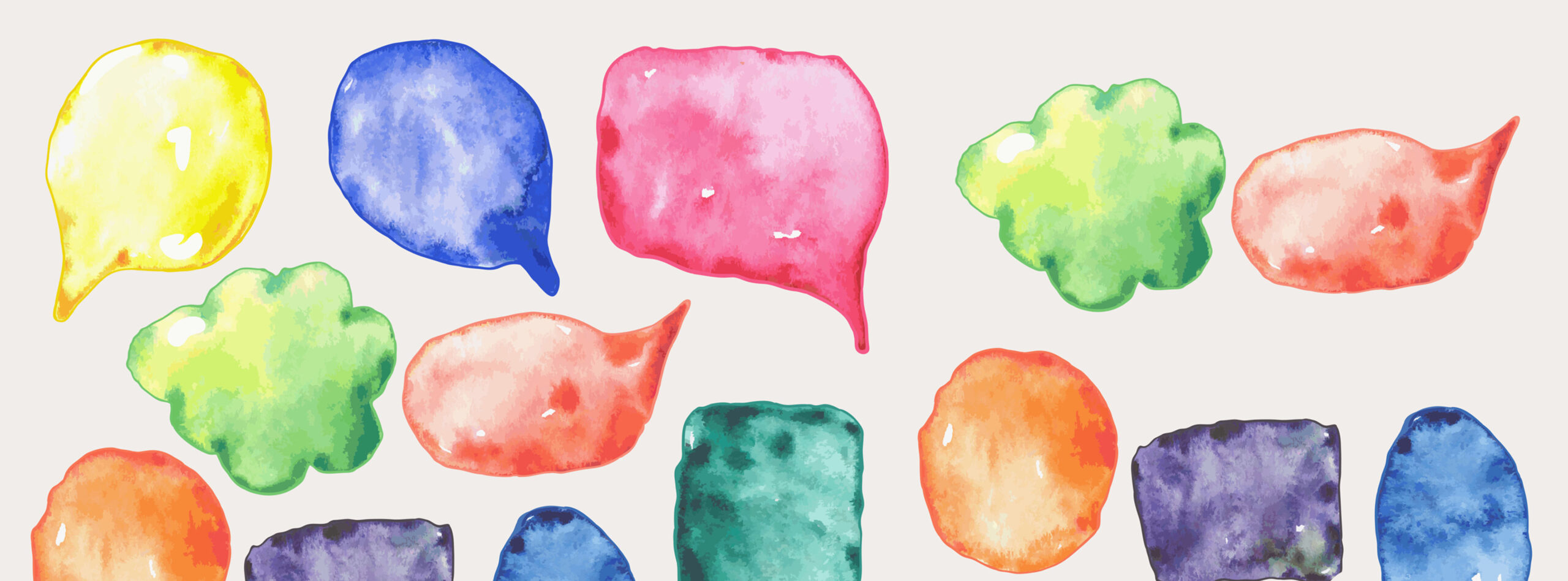Tag: Social Media

THE VISTA: January 2022
WHAT WE’RE READING, WATCHING & LISTENING TO AT HORIZONS There are so many wonderful insights and ideas that inspire us at The Horizons Project, helping to make sense of what’s...

Democracy Narratives and Sacred Values
What are the common values that underpin US democracy? What is the “big story” we all share about how society should work and how we fit together as citizens? In...
